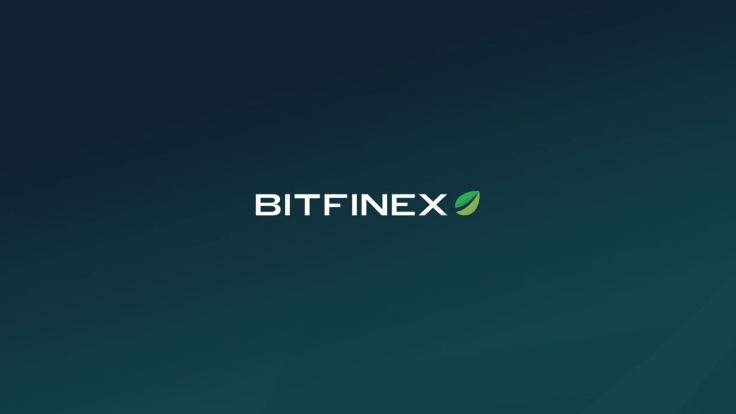Bitfinex Drops Documentary Showing Bitcoin's Transformative Power In El Salvador

KEY POINTS
- Written and directed by Ricardo Martinez, the documentary runs for 45 minutes
- It features the transformation that took place in El Salvador after it made Bitcoin a legal tender
- It also highlights the Bitcoin Beach initiative in El Zonte that's known for empowering businesses
Digital token trading platform Bitfinex has dropped a documentary about the transformative power of Bitcoin, the world's first-ever crypto asset, particularly in El Salvador, where the exchange is currently working to help turn the country into a financial hub in Latin America.
Titled "Don't Trust...Verify," the 45-minute documentary written and directed by Ricardo Martinez shows the journey of Bitfinex chief technology officer and Tether chief executive officer Paolo Ardoino to El Salvador, where he collaborated with community leaders, government officials and BTC evangelists who work tirelessly on the adoption of Bitcoin in the country.
The documentary, which has been shared with International Business Times, highlights how the "Land of Volcanoes," notorious for its high crime rates and ominous environment populated by violent gangs, slowly bloomed into a country that caught international interest for being the first one to embrace Bitcoin and make it a legal tender.
One of the highlights of the documentary is the Bitcoin Beach initiative in El Zonte, which earned recognition for empowering businesses in the area by encouraging them to use Bitcoin in conducting transactions and paying their workers in digital currency.
Now showing the Bitfinex El Salvador 🇸🇻 documentary @LuganoPlanB x #Bitcoin Filmfest pic.twitter.com/TCzl4ZYIqE
— Lugano Plan ₿ (@LuganoPlanB) October 22, 2023
Bitcoin Beach director Mike Peterson also speaks in the documentary and explains why the youth used to lose hope in El Salvador. According to him, children spend time away from their parents at a young age either because they need to work elsewhere to feed their families or because they end up in jail due to their involvement in gangs.
He also says El Salvador had very limited access to financial services until 2021, with only 36% of the country's adult population having a bank account.
Romel Martinez of the Hope House community initiative then talks about how people in El Salvador lacked access to financial services and knowledge of financial management.
"My parents, my grandfather, they never had access to a bank account. They never save money. We never hear from anyone in our family about what money is or (what is) an asset, or transacting digitally or making and receiving digital payments. Those were things that people in the first world do; they just swash their credit cards, and they do it," he recalls.
Martinez believes that Bitcoin adoption has helped the unbanked in the country and encouraged its people to familiarize themselves not only with their own finances but also with managing them.
"I think when the president made Bitcoin a legal tender, he gave all of us a place to be excited for the future, a place to come and build, a place to come and dream," he says.
"I think, as a human, we want to live in a place where we are excited about the future. Want to live in a place where we wake up, and we see hope. We want to live in the place where we see that things are moving to a better future," Martinez adds.
Meanwhile, Ardoino underlines Bitfinex's commitment to freedom, saying, "We believe in the fundamental concept of freedom in its entirety — individual sovereignty encompasses both freedom of speech and financial freedom."
"Bitcoin, the Lightning Network, and peer-to-peer technologies are not just tools to safeguard individual liberty but to extend it universally to every individual worldwide. We are thrilled to release our documentary, as it sheds light on Bitcoin's pivotal role in shaping the future of finance," he adds.
© Copyright IBTimes 2025. All rights reserved.






















